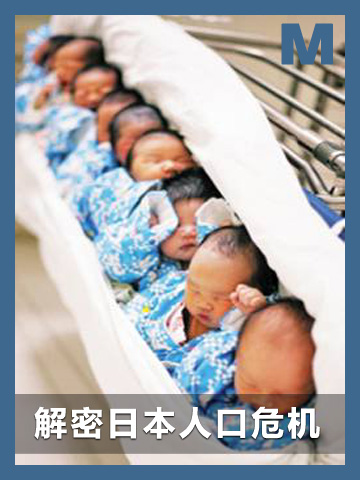英国报纸《观察家》近日报道称日本青年对两性欢愉之事失去了兴趣,这一言论引发了一场国际口水战。这一哗众取宠的结论几乎仅仅是基于一个调查数据得出的:一项调查发现,年龄处于16至24岁的年轻人中,45%的女性和25%的男性称自己不再对性爱感兴趣。这篇文章同时还引用了“sekkusu shinai shokogun”这个短语,意思是“独身主义综合症”,这种现象似乎是现在的一个大趋势。实际上,对比过去几十年来说,更多日本单身青年已经开始享受性爱了。1990年,未婚人群中,65%的女性和45%的男性没有性经验,而现在,这两个数据分别降到50%和40%。一位亚洲研究教授杰夫•金斯顿对彭博新闻社说:“日本人当然是有性生活的,如果情侣酒店的数量在某种意义上是一种晴雨表的话,那日本人的性生活还是比较丰富的。”
The British newspaper *The Observer* recently caused an international stir by reporting that Japanese youth have lost interest in sex. The sensationalist conclusion was mostly based on a single statistic: a survey that found that 45 percent of women and 25 percent of men ages 16 to 24 said they were not looking to have sex. The article also cited the phrase sekkusu shinai shokogun, or "celibacy syndrome," as if it were a major trend. In reality, more Japanese singles are having sex than in past decades. In 1990, 65 percent of unmarried women and 45 percent of unmarried men had never had sex; today, the figures are 50 percent and 40 percent, respectively. "Of course Japanese have sex," Asian studies professor Jeff Kingston told Bloomberg.com." If the number of love hotels is any barometer, it seems like many are getting plenty of it."
日本现在是世界上人口出生率最低的国家之一,与此同时,它也是世界上人口最长寿的国家之一。因此,日本的人口数量急剧下降,老龄化趋势也越来越严重。如果日本的出生率和限制性的移民政策没有大的变动,那么这个国家将没有足够的劳动力来供养退休人员。究竟是哪些因素导致了这个问题呢?
- 关于日本人口危机你不得不知道的几件事
- Everything you need to know about Japan’s population crisis
- 书评 写书评
- 笔记
-
书评加载中...






















 京公网安备 11010802032529号
京公网安备 11010802032529号
笔记加载中...